Vimeo is the home for high-quality videos and the people who love them.
Get Started for FREE
Sign up with Facebook Sign up with X
I don't have a Facebook or a X account

 Your new post is loading... Your new post is loading...
 Your new post is loading... Your new post is loading...

Leadership Learning Community's curator insight,
February 23, 2014 6:17 PM
I just got a copy and will summarize soon.
ASPEL Editor's curator insight,
January 4, 2014 11:36 AM
Fritjof Capra, in his book ‘The Hidden Connections’ applies aspects of complexity theory, particularly the analysis of networks, to global capitalism and the state of the world; and eloquently argues the case that social systems such as organisations and networks are not just like living systems, they are living systems. This parallel relationship between nature and technical complex systems Kelly describes as “vivi-systems” and he proposes that the “world of the made will soon be like the world of the born: autonomous, adaptable, and creative but, consequently out of our control. ” The hyper connection and web of life we can now experience through the use of digital tools and platforms will allow us to circumnavigate the old paradigm and develop for the collective greater good. So how can we look to nature and use Biomimicry to help us optimise our groups and organisational communications to create real value in our social networks, to build or shape networked businesses that are built for resilience? 
Lorien Pratt's curator insight,
January 4, 2014 11:29 PM
A great resource in the Decision Intelligence for Sustainability space. 
pdjmoo's curator insight,
December 6, 2014 11:04 PM
YOU ARE INVITED TO FOLLOW MY NEWS AGGREGATES @pdjmoo
▶ CLIMATE CHANGE http://www.scoop.it/t/changingplanet ▶ BIODIVERSITY http://www.scoop.it/t/biodiversity-is-life ▶ OUR OCEANS http://www.scoop.it/t/our-oceans-need-us ▶ OUR FOOD http://www.scoop.it/t/agriculture-gmos-pesticides

Leadership Learning Community's curator insight,
February 23, 2014 6:31 PM
Some nice graphics in here.

Eli Levine's curator insight,
February 11, 2014 2:09 PM
A way cool panel discussion. I wish I could be a full practitioner of this new, empirically based governing and political strategic thinking. 
Luciano Lampi's curator insight,
March 23, 2014 9:16 PM
are our politicians aware of these concepts? |

june holley's curator insight,
March 5, 2014 11:20 AM
Lots in here about social network mapping and analysis. |





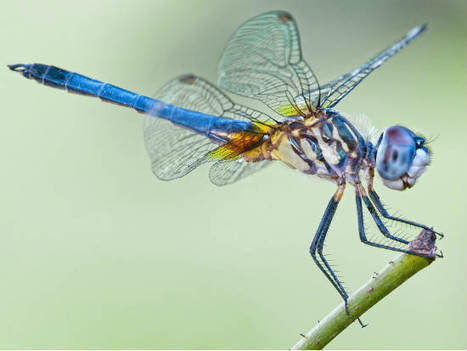




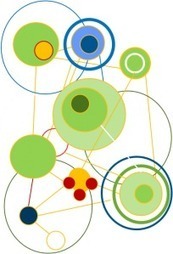
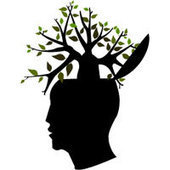




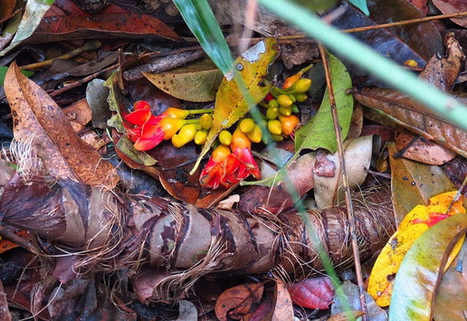

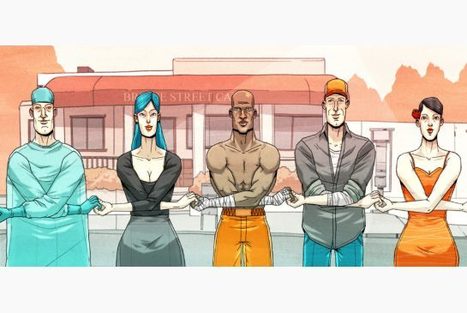









This is one of a series of short nicely produced videos on complexity concepts. This one deals with the shift from certainty to uncertainty - from Newtons laws to a more ambiguous emergent understanding of the world.